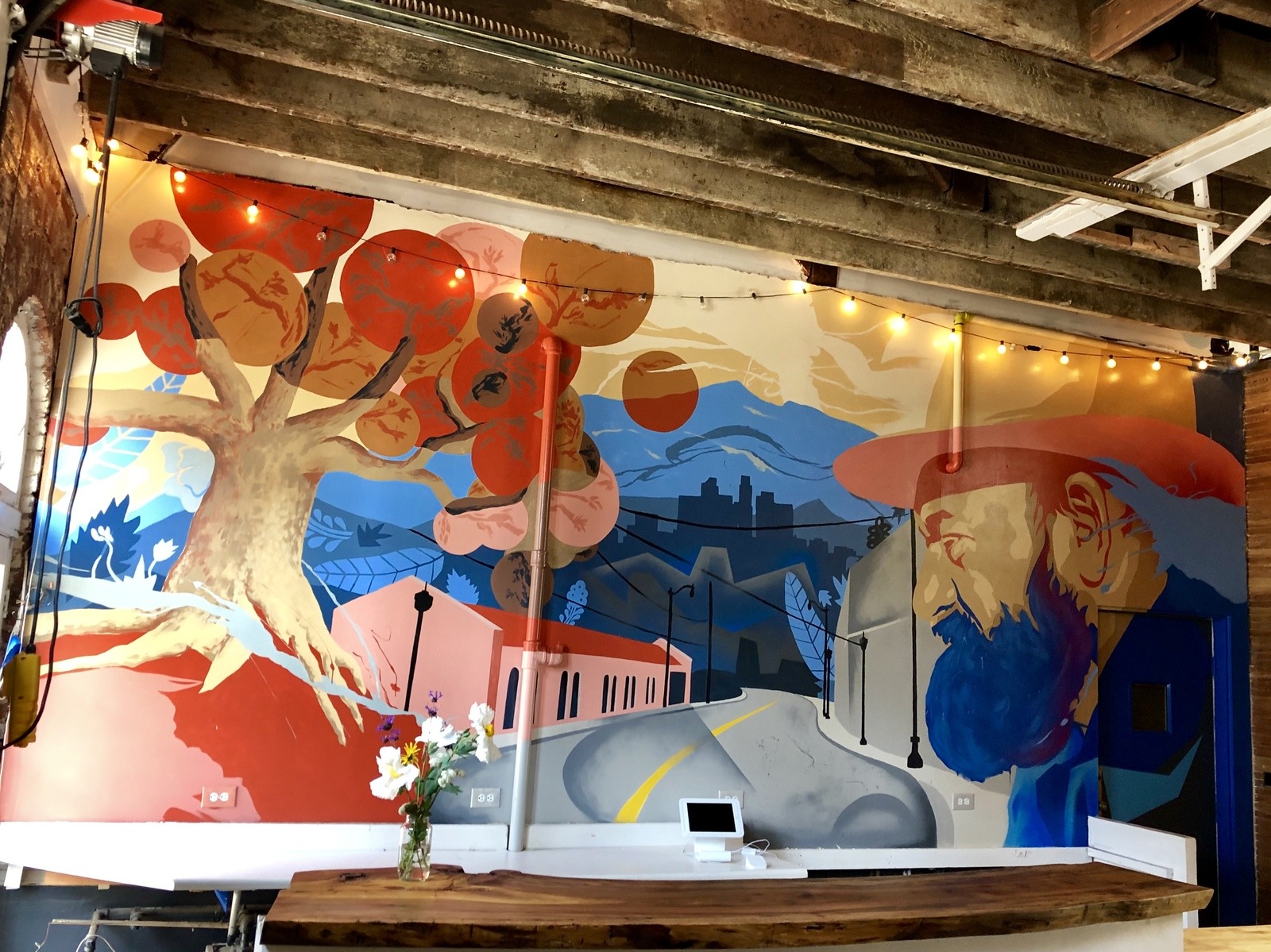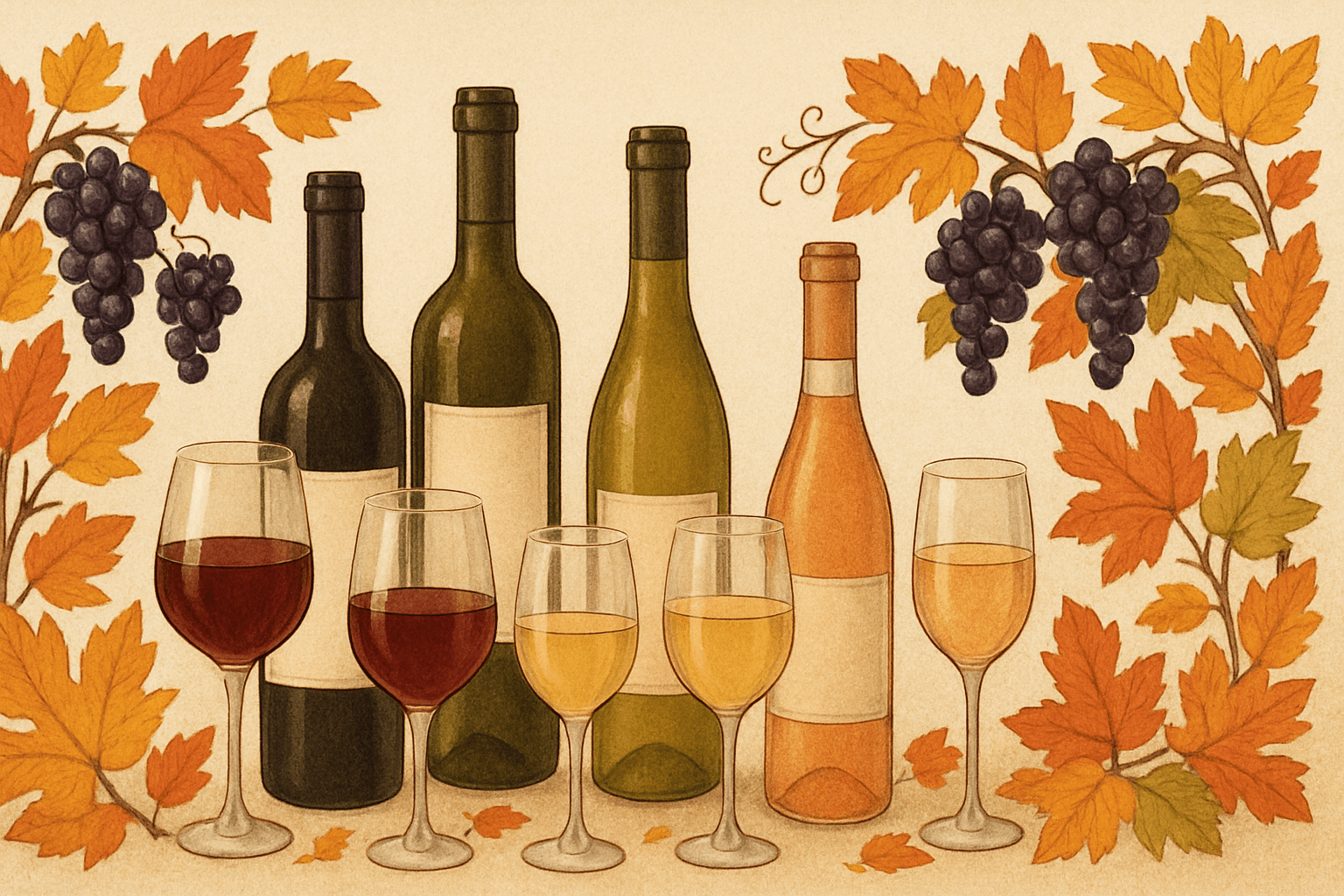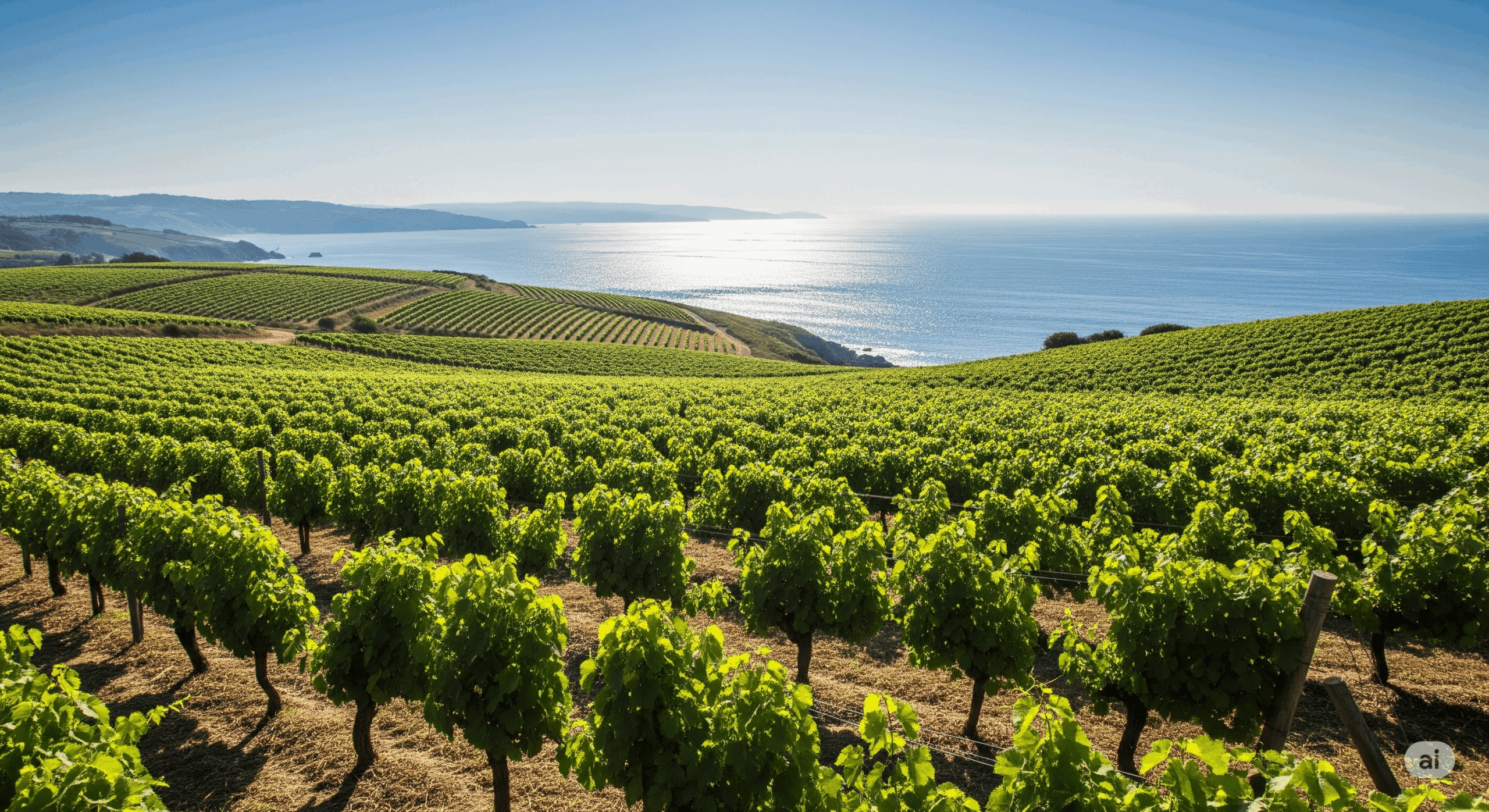In the world of wine, tradition often heralds prestige. Bordeaux, Tuscany, Napa – each of these regions command reverence for their time-honored and geographical exclusivity. Yet, a new player has joined the scene, maneuvering deftly between steel skyscrapers and bustling city streets – the urban winery.
Urban wineries eschew the rolling vineyards and rustic charm we so often connect with the world of wine. Set amidst urban jungles, far from traditional vineyards, they represent a new frontier of vintners, who blend centuries-old wisdom with innovative techniques to redefine winemaking.
Perhaps nobody else embodies this avant-garde spirit better than Charles Bieler. A pioneer in the urban winemaking scene, he co-founded the Gotham Project after converting a landmark 19th-century steel factory in Brooklyn into a state-of-the-art winery. The Gotham Project, tucked away in Brooklyn’s neighborhood Red Hook, has emerged as a champion of sustainability and craft winemaking.
Most people think that great wine can only come from dreamlike vineyards’ landscapes. But at Gotham, they let the flavors speak for themselves. The fruit is sourced from vineyards they trust, then vinified right in the heart of Brooklyn. This approach enables a closer connection with the consumer, invites curiosity, and sparks conversation about sustainability, origin, and terroir.
Beyond Gotham, the urban winery movement is cresting across the U.S. In Denver, Colorado, the Infinite Monkey Theorem garners accolades for its quality-focused, urban approach. In Seattle, the warehouse district of SoDo has become a hotspot for a handful of wineries, like Structure Cellars and Elsom Cellars. And in Downtown Los Angeles, you can find Angeleno Wine Company where they craft wines made exclusively from grapes grown in Los Angeles County.
These pioneers are transforming wine from a rural novelty into an accessible city experience, something one could delve into during lunch breaks or after work. The intimate tasting rooms, bespoke barrels, and the opportunity to meet the winemaker convey a proximity that is hard to achieve even in classic cellar doors of traditional vineyards.
Yet change is never without struggle. Legislative hurdles, zoning laws, and local taxes often complicate the path. Despite this, urban vintners remain undeterred, forging ahead in their quest to blur borders, break stereotypes and reinvent tradition.
Urban wineries might just be the torch-bearers of a new-age wine Renaissance, striking a chord between traditionalism and innovation. They lead the way in presenting wine as not only an eloquent expression of the terroir but also as a manifesto of the cityscapes they inhabit.
So, the next time you’re city-bound, don’t lament the lack of vineyard views. Instead, take a detour into an urban winery, swirl, sip and savor the flavors of progressive urbanity distilled into an unforgettable wine. After all, the world of wine is expanding, and urban wineries may just be the exciting new chapter in this ever-evolving narrative.
Did you like this content? If you did, let us know and share it with your friends.
This page contains affiliate links. We receive a small compensation when you purchase through affiliate links. While clicking these links won’t cost you a cent, it will help us keep the lights on and buy more wine. To find out more, click here.






